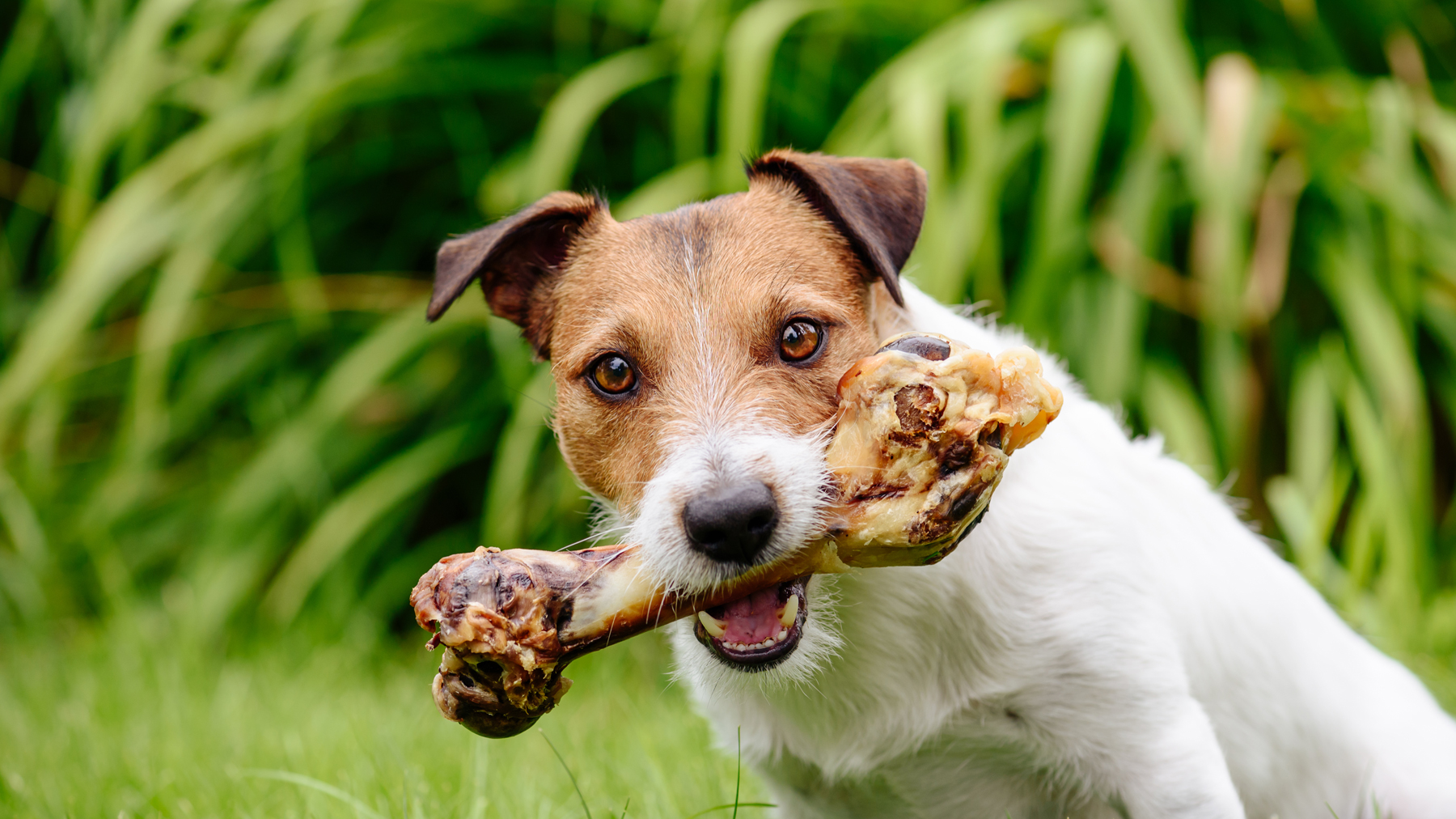Canine expert debunks five myths every owner needs to know about training dogs with food
When used correctly, food can be a powerful training tool

There’s a lot of debate within the dog training world around which training methods work best — dominance and punishment or positive training using food and praise as a reward.
While some people believe training a dog with food amounts to bribery, nothing could be further from the truth. Whether it’s learning how to calm a reactive dog or figuring out how to stop a dog from jumping up, food is incompatible with fear and can therefore be a valuable tool when it comes to helping modify a dog’s fear, anxiety, or stress.
With so many myths out there about using food as a training tool, we’re leaning on the expert knowledge of trainer Sean O’Shea to set us straight with regards to what’s true and what’s not. Here’s what he had to say in a recent post shared to Instagram…
A post shared by Good Dog Training (@gooddog.training)
A photo posted by on
1. It’s bribery: “Food should be used as a reward and occur AFTER your dog has done what you asked,” explains O’Shea. “You shouldn’t show your dog food ahead of time.”
2. It doesn’t work with aggressive dogs: “It’s actually more effective for aggression,” says O’Shea. “In fact, aversive training is a risk factor for aggressive behavior in the first place.”
3. Your dog will only listen if you have food: “This doesn’t happen when food is used properly as a reward and not a bribe. When it happens, it’s due to the owner showing the dog food ahead of time.”
4. You have to use food forever and always have it on you: “Not if you train properly and fade out the food lures and food rewards,” O’Shea clarifies. “But it’s also okay if you do want to reward forever!”
PetsRadar Newsletter
Get the best advice, tips and top tech for your beloved Pets
5. It’s not as effective as punishment: “Research doesn’t support this myth. Studies show the opposite - that reward-based learning is actually more effective.”
If you’re at all concerned about how to use food in your training sessions with your dog, we recommend reaching out to a professional trainer for advice and guidance.
For more great canine content, be sure to check out our guide to the three reasons your dog’s recall isn’t reliable (and what to do about it).

Kathryn is a freelance writer who has been a member of the PetsRadar family since it launched in 2020. Highly experienced in her field, she's driven by a desire to provide pet parents with accurate, timely, and informative content that enables them to provide their fur friends with everything they need to thrive. Kathryn works closely with vets and trainers to ensure all articles offer the most up-to-date information across a range of pet-related fields, from insights into health and behavior issues to tips on products and training. When she’s not busy crafting the perfect sentence for her features, buying guides and news pieces, she can be found hanging out with her family (which includes one super sassy cat), drinking copious amounts of Jasmine tea and reading all the books.
